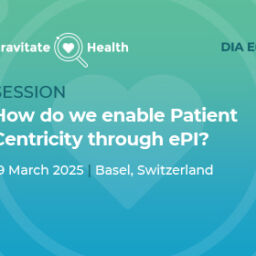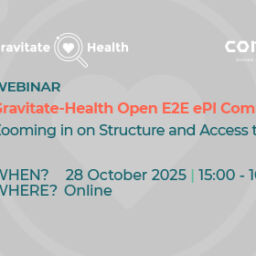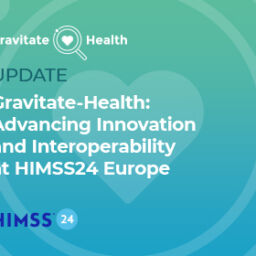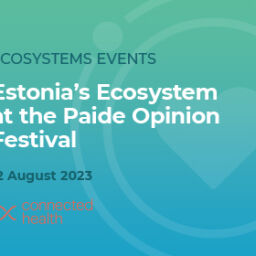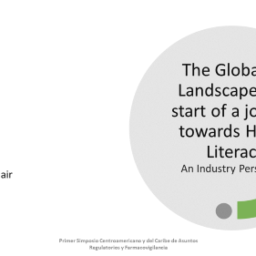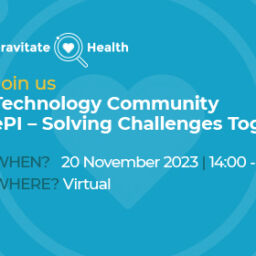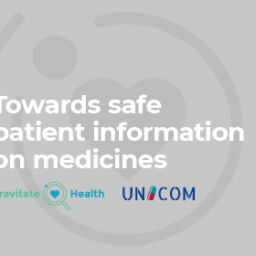An experimental study on the effects of electronic medicinal product information on vaccine hesitancy
What’s the current context? Why the need for this article?
While digital information provision is often expected to improve public understanding and adherence, the study explored whether emphasizing certain types of vaccine information could inadvertently increase hesitancy. By using an experimental framework in two European countries, the authors tested the cognitive and behavioural effects of different ePI presentations on participants’ trust and willingness toward vaccination.
Authors conducted a Randomized Controlled Trial (RCT) on a total sample size of 2,000 participants (1,000 in Spain and 1,000 in Bulgaria) and participants were randomly assigned to groups based on experimental conditions. Groups differed by whether electronic Product Information was presented to the participants and by the type of information that was made more salient to the patient.
What to expect in the article?
The main finding of this paper is that ePI can unintentionally increase vaccine hesitancy, even when positive effects are highlighted.
This study is among the first to provide evidence of the potential negative behavioural effects of vaccine information provision. Authors also found that information salience and overload likely amplify hesitancy rather than reduce it. Another interesting finding, in line with previous ones in the literature on cognitive biases and decision-making, is that vaccine-hesitant individuals tend to spend less time reading ePI.
In other words, the study challenges the assumption that more digital information equals better health compliance.
The paper is published in Scientific Reports (Sci Rep), 15(11197), ISSN: 2045-2322, 2025.
This kind of study would benefit public authorities or policymakers because the findings highlight the need to rethink the design of public health strategies to provide information and support informed decision-making, especially regarding vaccination. Optimizing how and what information is presented can directly impact the success of national immunization programmes and public trust. Researchers and academics would also respond to the need for further research on how provision and increased salience of ePI affect patient behaviour.
According to the authors Jim Ingebretsen Carlson, Federico Puppo, Ana Roca-Umbert, Frans Folkvord, Francisco Lupiáñez-Villanueva, Gravitate Health project plays a very important role in promoting better and more useful access to approved ePI that focuses (but does not conceal or filter) content—offering patients trustworthy, up-to-date information tailored to their needs.
Where to read the article?
If you’re interested in discovering more on the effects of electronic medicinal product information (ePI) on vaccine hesitancy, then click here to view the full article.
Contact Information:
Jim Ingebretsen Carlson, PredictBy Research and Consulting, Barcelona, Spain j.carlson@predictby.com



